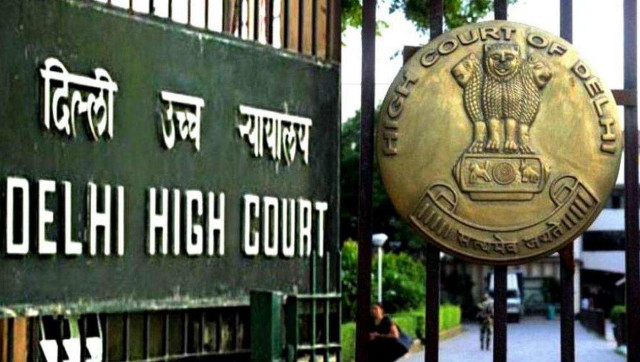The Central government has replied to the notice issued by the Delhi High Court that a decision on the Uniform Civil Code (UCC) will be taken after the Law Commission reports on the same, when the court was hearing a petition asking for the enactment of the UCC. The Central government has also raised a technical objection that the framing of law or otherwise is in the legislative domain, and the courts can’t direct the government to frame a particular law or not. This is true; however, what is also true is that the courts have the power to strike down the laws which violate the Constitution. These are the different personal laws governing marriage and inheritance that apply to people practising different religions. In this article, I will argue why the courts can legitimately interfere on this issue. Implementing a Uniform Civil Code has been a subject of great debate since Independence and enactment of the Constitution. Our Constitution enshrines under Article 44 that the state shall strive to implement a UCC. However, Article 44 is Directive Principle that is not directly enforceable by the courts and only serves as guiding principles to the government, which can be implemented at an opportune time. It is important to understand what is exactly meant by a UCC. Civil law in this context means the rules governing the institution of marriage and inheritance and not the law of contract or commercial laws. By UCC, it is meant that such laws should be the same and uniform regardless of the religion one practices. In a modern progressive country with a liberal constitution, it is difficult to imagine why people practising different religions should be governed by different personal laws. The justification for the same is supposedly found under Article 25 of the Constitution. This provision guarantees the fundamental right to freedom to practise, profess and propagate a religion of one’s choice. Thus, it is argued that the fact one has a fundamental right to practise their religion includes within itself the right to marry as per their own religious personal law and the right to inherit property as per the dictates of one’s religion. However, it must be emphasised that this is an incorrect reading of the concerned provision. Article 25 starts with the words, “Subject to public order, morality and health and to the other provisions of this Part…”. By this Part, it is meant Part III, which is the part providing for Fundamental Rights. Therefore, this means that the right to practise religion is subject to all other fundamental rights and is relegated to the bottom-most priority within the scheme of fundamental rights as enshrined under our Constitution. Accordingly, by using Article 25, it is impossible to argue that it can shelter differential treatment of citizens by the state belonging to different religions. The state is involved because, in all these supposedly personal matters, the state is deeply concerned. Any dispute with respect to marriage or inheritance comes to the courts, which are set up by the Constitution, regardless of the religion of the litigants. Yet, the law to be applied by the courts will be different. This is very problematic in light of Article 15, which prohibits discrimination on the ground of religion among the country’s citizens. It is to be understood that this is an anti-discrimination clause that is different from the equality clause contained in Article 14. The essential difference is that equal treatment can mean different treatment for people placed differently. For example, people above the age of 18 years are treated as majors for the purposes of criminal law, and people below that age are considered to be minors, and their punishments are substantially different and milder for the same offence. This doesn’t mean that this is unequal treatment. It is equal because the parties are unequal on account of age and maturity, and equality can be achieved by treating them unequally. Thus, Article 14 is not violated here. Article 15 is not concerned in this case because age is not a ground on which discrimination is prohibited under it. Article 15 provides that there can’t be a different treatment (non-discrimination) by the state regardless of the different positioning of the parties concerned. The grounds on which discrimination is not possible are — religion, race, caste, sex or place of birth. This includes positive discrimination policies like the reservation system. Such a policy is valid only because they have been exempted under Article 15(3) for women and children and on the grounds of caste under Article 15(4). There is no exemption like that, which provides that discrimination on the grounds of religion as regards the existence of personal law, through which they can be sustained. It is already understood that whenever the right to practise religion will conflict with any other fundamental right, the other fundamental right has to necessarily prevail. Accordingly, the mere fact that personal laws exist is a continuous violation of Article 15. Consequently, if there is a violation of a fundamental right, in this case, which is Article 15, the writ jurisdiction of the High Courts and the Supreme Court can be invoked to address that violation and remedy it. Hence, it is incumbent that a UCC is enacted to address the concerned constitutional violation. The author is an Assistant Professor of Law at Maharashtra National Law University, Mumbai. Views expressed are personal. Read all the Latest News , Trending News , Cricket News , Bollywood News , India News and Entertainment News here. Follow us on Facebook, Twitter and Instagram.
If there is a violation of a fundamental right, the writ jurisdiction of the High Courts and the Supreme Court can be invoked to address that violation and remedy it
Advertisement
End of Article


)

)
)
)
)
)
)
)
)



